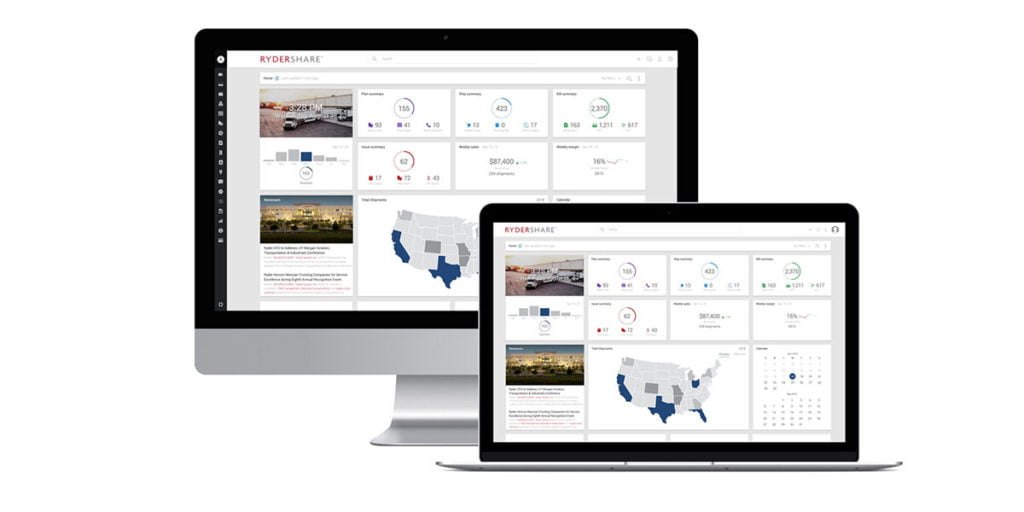Integrated Logistics for Modern Supply Chains
In today’s fast-paced logistics landscape, seamless coordination across supply chain operations is no longer a luxury—it’s a necessity. The growing complexity of global networks, coupled with rising customer expectations, requires logistics teams to work smarter, not harder. Integrated logistics solutions provide a way to connect every aspect of the supply chain, enhancing visibility, improving collaboration, and streamlining operations.
This blog explores how integrated logistics solutions address the challenges of modern supply chains and deliver the efficiency and agility businesses need to stay competitive.
What Are Integrated Logistics Solutions?
Integrated logistics solutions unify various supply chain functions—such as transportation management, warehouse operations, and inventory control—into a single, connected system. By integrating these processes, businesses can eliminate silos, share data in real time, and gain full visibility across their supply chain.
These solutions enable seamless communication between different systems and stakeholders, ensuring that every part of the supply chain works together harmoniously. From tracking shipments to optimizing delivery routes, integration simplifies logistics and creates a foundation for continuous improvement.
Enhancing Visibility Across the Supply Chain
One of the primary benefits of integrated logistics is improved visibility. With real-time access to data from multiple sources, businesses can monitor every stage of the supply chain, from production to delivery. This level of transparency allows logistics teams to identify inefficiencies, address potential issues, and make data-driven decisions to optimize operations.
For example, if a delay occurs during transportation, integrated logistics solutions can provide immediate updates, enabling teams to adjust schedules and notify customers proactively. Enhanced visibility ensures smoother operations and builds trust with customers and partners.
Streamlining Processes for Greater Efficiency
Disconnected systems and manual processes can slow down logistics operations and increase the risk of errors. Integrated logistics solutions streamline workflows by automating routine tasks and connecting systems across the supply chain.
For instance, an integrated system can automatically update inventory levels as shipments are processed, eliminating the need for manual data entry. This not only saves time but also reduces the likelihood of mistakes, ensuring accurate inventory management and efficient warehouse operations.
Improving Collaboration Across Stakeholders
Supply chains rely on collaboration between multiple stakeholders, including suppliers, carriers, and retailers. Integrated logistics solutions facilitate better communication and coordination by providing a shared platform for data and updates.
When all stakeholders have access to the same information, they can work together more effectively to meet shared goals. For example, suppliers can monitor demand forecasts and adjust production schedules, while carriers can optimize delivery routes based on real-time traffic data. This level of collaboration minimizes disruptions and keeps the supply chain running smoothly.
Optimizing Costs and Resources
Cost efficiency is a top priority in logistics, and integrated solutions help businesses reduce expenses by optimizing resource allocation and minimizing waste. By connecting systems and analyzing data, integrated logistics solutions can identify inefficiencies and suggest improvements.
For example, route optimization features can reduce fuel consumption by finding the most efficient delivery paths, while inventory management tools can prevent overstocking or stockouts. These cost-saving measures not only improve profitability but also enhance the overall performance of the supply chain.
Adapting to Changing Market Demands
Modern supply chains must be agile and responsive to changing market conditions. Integrated logistics solutions provide the flexibility needed to adapt quickly to fluctuations in demand, shifts in consumer behavior, and unexpected disruptions.
For instance, during peak seasons or emergencies, integrated systems can scale up operations by reallocating resources and adjusting schedules. This ensures that businesses can meet customer expectations even under challenging circumstances, maintaining service quality and operational efficiency.
How Turvo’s Integrated Logistics Solutions Transform Supply Chains
Turvo’s integrated logistics platform connects every part of the supply chain, providing businesses with the tools they need to improve visibility, collaboration, and efficiency. With features like real-time tracking, automated workflows, and seamless communication, Turvo enables logistics teams to streamline their operations and achieve better results.
By leveraging Turvo’s solutions, businesses can eliminate silos, reduce costs, and deliver exceptional service to customers. Whether managing a local operation or a global network, Turvo helps supply chains stay connected, agile, and competitive.
Conclusion: The Future of Logistics Is Integrated
In an era where efficiency and agility are critical, integrated logistics solutions provide the foundation for success. By unifying systems, enhancing visibility, and improving collaboration, these solutions empower businesses to navigate the challenges of modern supply chains and achieve their goals.
Ready to streamline your logistics operations? Discover how Turvo’s integrated solutions can transform your supply chain. Visit our website to schedule a demo today.









